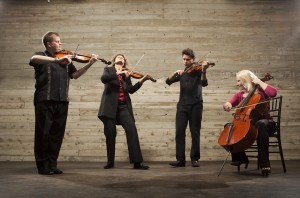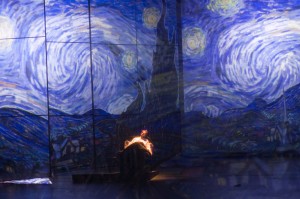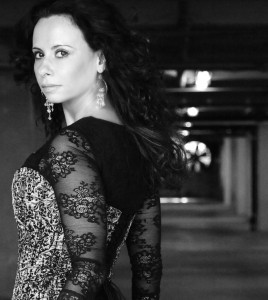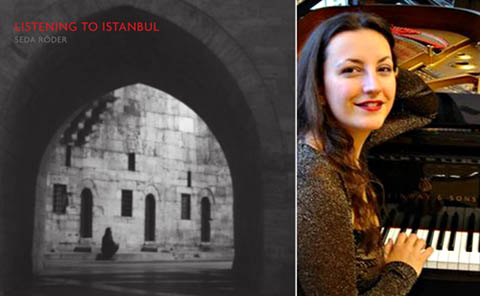ETHEL, acclaimed as America’s premier postclassical string quartet, will be giving a great show at Le Poisson Rouge tomorrow night. The concert is part of the Meet the Composer’s 3 CITY DASH FESTIVAL, and it features music from composers from San Francisco. Below is an email Q+A with Ralph Farris, ETHEL’s magnificent violist.
 S21 Q + A w/ ETHEL:
S21 Q + A w/ ETHEL:
ETHEL focuses on the repertoire of the the past four decades. While all of that music is classified as “contemporary,” it is extremely diverse compositionally. Is there any particularly style you prefer personally or as a group and enjoy working on?
We do love tunes that groove! If there is some infectious rhythmic element in a piece, it’s probably going to spark something with us.
We particularly enjoy working in person with composers. Having the experience of being together with a composer as the music comes to life is very special.
And of course, we are always thrilled to present the work of young composers!
Despite the extreme variety in contemporary classical music, do you have one sort of goal you hope to communicate generally with all the music you play?
Music is a language, a profound connector of cultures and ideas.
With our work, we aim to link people together in a shared experience, to inspire and celebrate our common humanity.
Along that line, when you receive a new work by a composer, likely something you’ve never heard or seen before, do you approach each piece differently, or with a sort of rehearsal routine?
We endeavor to learn as much as we can about a composer before we read their work, in an effort to open our ears, minds and hearts.
On the nuts-and-bolts side, we prefer to receive both a score and parts. And a MIDI file or recording is always helpful.
As to rehearsal routine, there are some tried-and-true techniques that we advocate:
• If there’s a measure that is giving us trouble, we’ll put an imaginary repeat sign around it and loop it until the physical feel of it is locked.
• Slow practice is invaluable, of course, but we also spend good amounts of time at medium speed, galvanizing ensemble and overall feel.
• Once a piece is almost feeling solid, but just needs a little push, we may turn ourselves away from each other for a run or two, in an effort to feel each others’ lines and intentions. Pretty tough exercise, but it has helped us greatly.
Do you approach pieces primarily with a sort of ETHEL quartet style? The group is notoriously charismatic– how do you translate that into an extremely minimalistic piece, for instance?
LOL. We are four people having a great time making music together. I would hope that this translates through any music that we approach.
(more…)





 S21 Q + A w/ ETHEL:
S21 Q + A w/ ETHEL:

 Steve Reich turns 75 this coming October, and the celebrations have already begun. Later this month is a concert at Carnegie Hall on April 30th. It features the Kronos Quartet in a new piece commemorating a more sombre anniversary: WTC 9/11.
Steve Reich turns 75 this coming October, and the celebrations have already begun. Later this month is a concert at Carnegie Hall on April 30th. It features the Kronos Quartet in a new piece commemorating a more sombre anniversary: WTC 9/11.